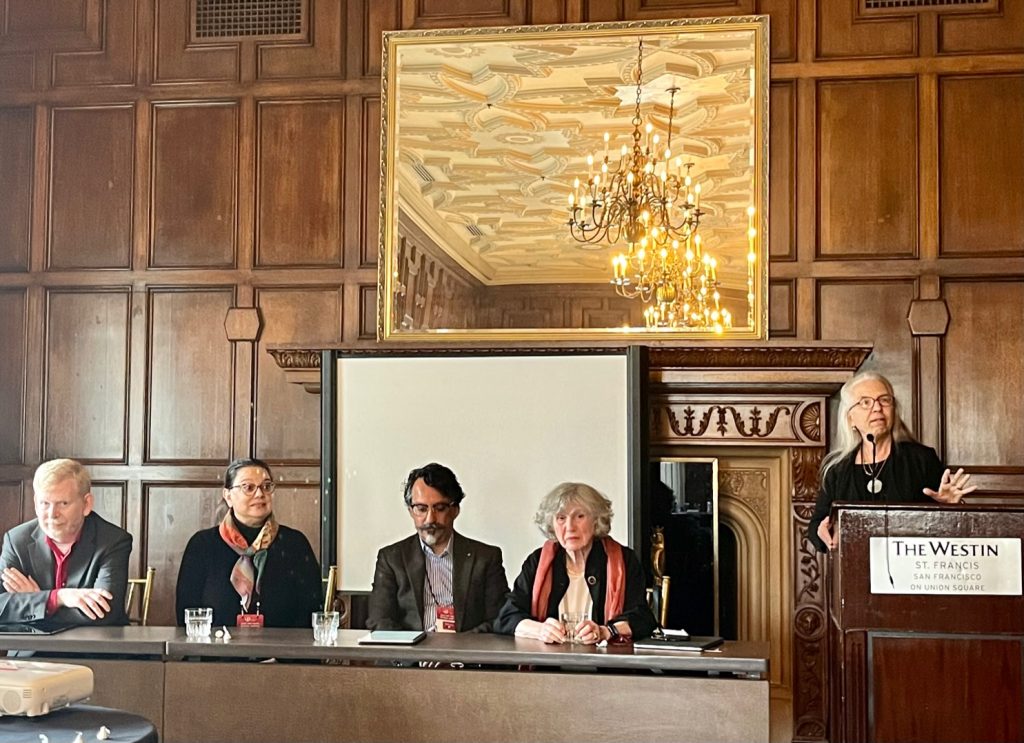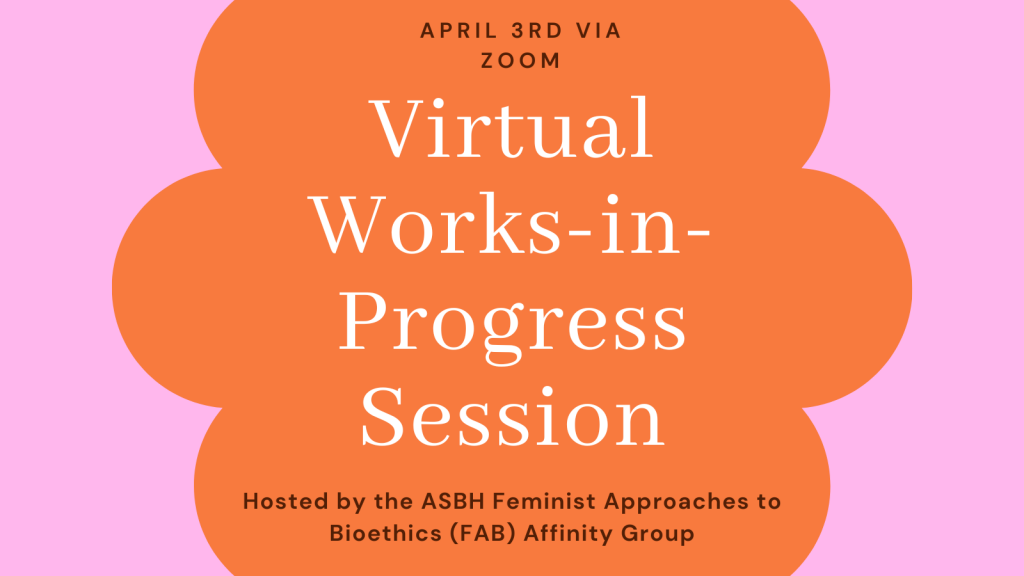Hi, folks. IJFAB Blog Editors, here, with a quick roundup of links about the health and ethical issues that arise in the wake of any natural disaster, and specifically last week’s earthquake affecting Syria and Turkey. The death toll is presently well over 33,000, and expected to continue climbing as we see increased exposure to winter storms from lack of warm shelter, combined with disruption of social supports and access to health care, along with continued efforts for search and rescue and identification of the deceased. Pre-existing problems are worsened in such situations.
The Guardian has been doing some excellent English-language reporting. This link stopped updating on February 12, but has handy bullet points on major issues from Guardian reporting, and provides a timeline of events. It also discusses some of the reasons that the death toll will continue to rise, and the health and safety issues facing those who survived the event. https://www.theguardian.com/world/live/2023/feb/12/turkey-syria-earthquake-latest-news-updates-death-toll
This link, from Doctors Without Borders / Medecins Sans Frontieres (MSF), addresses their rescue and health efforts: https://www.doctorswithoutborders.org/latest/msf-responds-overwhelming-medical-needs-following-earthquakes-turkey-and-syria. Go to the link for details, but here’s their bullet-point summary of the situation on the ground as they are involved.
- MSF-supported hospitals in northwestern Syria have seen more than 3,500 injured patients.
- MSF has donated emergency kits, trauma kits, medical supplies, and blankets to 30 hospitals and health facilities in Idlib and Aleppo governorates.
- We are running mobile clinics in five reception centers in Idlib governorate for people displaced by the earthquake and we will ramp up these services in the coming days.
- We have sent our ambulances and dispatched extra medical staff—including surgeons—to hard-hit health care facilities in northwestern Syria
- Teams are distributing blankets, hygiene kits, food items, and more supplies to families in Aleppo and Idlib governorates
- Emergency teams are assessing the needs in southern Türkiye and stand ready to provide assistance
Al Jazeera reports on a well-known feature of natural disasters: not only do they introduce new health risks, but they can worsen pre-existing ones, especially when it comes to epidemics. Whether we’re talking about respiratory viruses that spread more virulently in packed warming centers and camps for displaced persons, or water-borne illnesses that worsen as water treatment and sewage systems are damaged by natural disaster, exacerbation of pre-existing health issues is common during and after natural disasters. The pre-existing health issue highlighted in the link at the beginning of this paragraph? Cholera.
Across war-torn Syria, where the UN has estimated that 5.3 million people have been left homeless by the disaster, “there was a perfect storm brewing before the earthquake – of increasing food insecurity, collapsing healthcare systems, the lack of access to safe water and poor sanitation”, said Eva Hines, chief of communications for the United Nations Children’s Fund (UNICEF) in the Syrian capital, Damascus.
“More than half of people in Syria depend on unsafe alternative water sources when it comes to their water needs. And that, of course, increases vulnerability to fast-spreading waterborne diseases such as cholera,” Hines told Al Jazeera.
To this editor’s surprise, Women’s Health magazine had a decent little article on why women are often at the pointy end of natural disasters. One issue is one we have seen throughout social upheavals that increase social stress and/or trap people at home, unable to move in society as they usually do: increases in domestic violence that fall overwhelmingly on women. In addition, already-heavy caregiving loads for children and elderly family members, as well as spouses, still tend to be borne disproportionately by women. These increase dramatically as food, clean water, and warm shelter become harder to find, and as family members may be injured or become ill.
While this editor cannot find good articles on mental health issues with respect to this particular earthquake, we can expect these to develop in coming months as survivors deal with loss, trauma, and even guilt. Mental health services are woefully inadequate in most of the world. And are common in the wake of natural disasters.
These are just some of the public health and individual health access issues that are present now in Syria and Turkey.
Another thing to consider is the role that social systems play in preventing or reducing death tolls, injuries, and illness. When we’re talking about earth quakes and flooding, this includes whether governments hold construction companies to good building standards. Yet, in Turkey, this has not happened. In fact, Turkish government leaders have proudly forgiven the fines and penalties of construction companies for not building to code. Here are a few links on this issue:
Natural disasters present not only emergent care needs and longer-term care needs for both physical and mental health, but also worsen existing health crises and highlight systemic problems (building codes; disproportionate caregiving loads; domestic violence) that could be otherwise.







